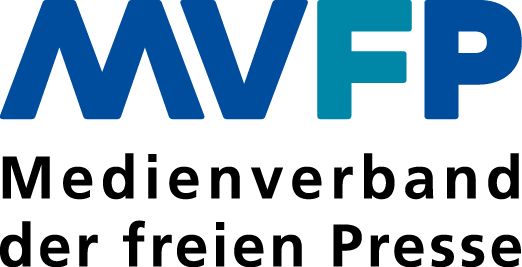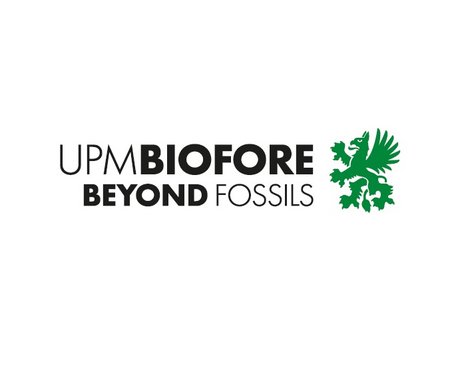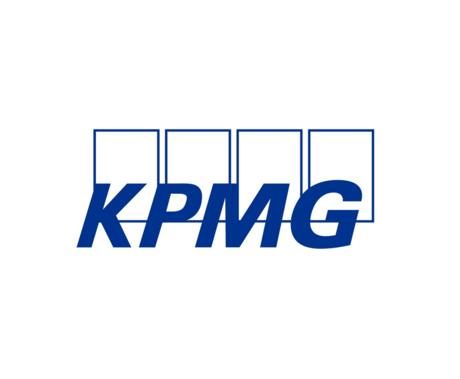DIS catch-up: Future Plc’s Nial Ferguson talks partnering for growth
Chris Price talks to Future’s content and marketing director Nial Ferguson about licensing Gawker Media’s tech website, Gizmodo, in the UK
Licensing content across borders has always been a huge part of the print magazine world. Now it is increasingly happening online.
The recent FIPP World Congress in Toronto featured the Worldwide Media Marketplace – FIPP’s “real world” meeting platform where publishers and service providers can discuss and do cross-border deals. The main Congress programme also featured stories of all kinds of online media partnerships, from Business Insider to Politico and the Huffington Post, the latter of which has expanded into 15 territories mainly in conjunction with native media companies.
In the UK, Future Publishing has been in partnership with Gawker Media for a while now, licencing the latter’s tech titles Gizmodo, Lifehacker and Kotaku. Here Future's content and marketing director Nial Ferguson, updates us on the deal and talks about what advice he would give to publishers seeking similar partnerships.
Ferguson spoke at the Digital Innovators’ Summit in Berlin, Germany in 2013. The 2016 DIS takes place from 20-22 March in Berlin. Discounted, pre-agenda booking option is currently available, saving delegates +€800 on final delegate rates.
How did the deal with Gawker Media happen?
The inspiration actually came from T3.com’s News Editor at the time, Kat Hannaford. She was a fan of Gizmodo, one of Gawker’s sites and knew the team there well. She asked me if Future would ever think of creating a UK version of the site. I loved the idea and I called their COO the very next day and the ball started rolling. Kat went on to become the launch Editor of Gizmodo UK and helped us bring Lifehacker and Kotaku to the UK.
What are the strengths of the deal?
There are many, many benefits - several which I can’t really go into - but at the top of the list are the brands, a huge audience, ready made commercial partners and a whole bucket load of goodwill. These are things that would take a new launch years and a huge level of investment to build and potentially never get to the same level. We had them the moment we turned the site on. We also have an enormous pipe of daily content that we can use as we see fit.
Where does Gizmodo UK fit in terms of Future's portfolio of titles? How does it work in terms of branding?
There was a time when a month wouldn't go by without someone pitching me a new tech website idea, that ended with me saying ‘so a bit like a UK version of Gizmodo then’ and I always knew we would have to compete with the original version, so why not work with the original. The thing that Gizmodo brought was a brand that wasn’t just interested in tech and gadgets, but also the wider world and culture around those things. It also had an irreverence and tone of voice that our own sites didn’t have. Gizmodo was interested in design, architecture and all things around geek culture. It had an audience that then wanted to engage in debate and discussion and the comments section flourished. This is something the team at Gawker have worked hard to nurture and encourage within their brands.
How much crossover is there between the UK and US versions? What are the cultural differences between the sites?
Interestingly, the most popular stories are always those written by the UK team, so the value of localisation become instantly clear. We know what the brand stands for and we know what our UK audience is looking for so we take the best content from the US and combine it with the brilliant locally produced content. We are however very careful to make sure the UK audience doesn’t get a look at the content being created by the US which is too filtered so we publish as much as we can.
Who are Gizmodo UK's readers?
Anyone who loves technology, gadgets and how they influence the world around them.
Are there any restrictions on advertising?
Nothing out of the ordinary.
Are you seeing shift towards native and ecommerce revenue?
I can’t really talk about Gawker’s business model as it is different from ours to a certain degree. However, as a business Future is definitely seeing and encouraging growth in areas such as eCommerce and native. But I don’t think we are unusual on that front.
Is there an issue with cannibalising revenue/readers from titles such as Tech Radar etc?
Gizmodo has grown our audience and made us more relevant to a wider base of advertisers. Equally Gizmodo is one of our biggest revenue generators in the UK. It has also helped bring brilliant new talent into the business that we otherwise would have missed.
Will we see a growth of different types of content for Gizmodo - ie. longform content, more video etc?
I expect we will keep experimenting, but it all depends on the needs of our audiences.
Are there any plans for future tie ins with publishers to license their content or titles?
We have seen that the model can and does work with regards to licensing whole brands and is something we have repeated to bring Lifehacker and Kotaku to the UK. These are two brilliantly unique brands. Naturally we have to ensure that the focus is on developing our own properties, such and techradar and T3 and I have turned down several other approaches as they were too similar to what we were building ourselves. Content syndication is something we have and will continue to explore, especially as it’s something we offer licensees around the world and it would be somewhat hypocritical for me to ignore it. But, no, there are no immediate plans for future tie ins.
What advice would you give other publishers looking to license titles from the US or elsewhere?
The relationship we have with Gawker is one of trust. They trust us to look after their brands and they let us get with building our business accordingly and we trust them to maintain the core elements of the famous brands that we have brought to the UK market. On top of trust, is the need for honest and open dialogue. It’s clear that Future and Gawker are both dealing with the same market pressures and over the years I have really valued the conversations I have had with the senior team at Gawker, hearing how they are dealing with everything from the growth of native, to audience development. and the rise of Facebook, to ecommerce and ad blocking.
Ferguson spoke at the Digital Innovators’ Summit in Berlin, Germany in 2013. The 2016 DIS takes place from 20-22 March in Berlin. Discounted, pre-agenda booking option is currently available, saving delegates +€800 on final delegate rates.
*This article was originally written for FIPP.com.





